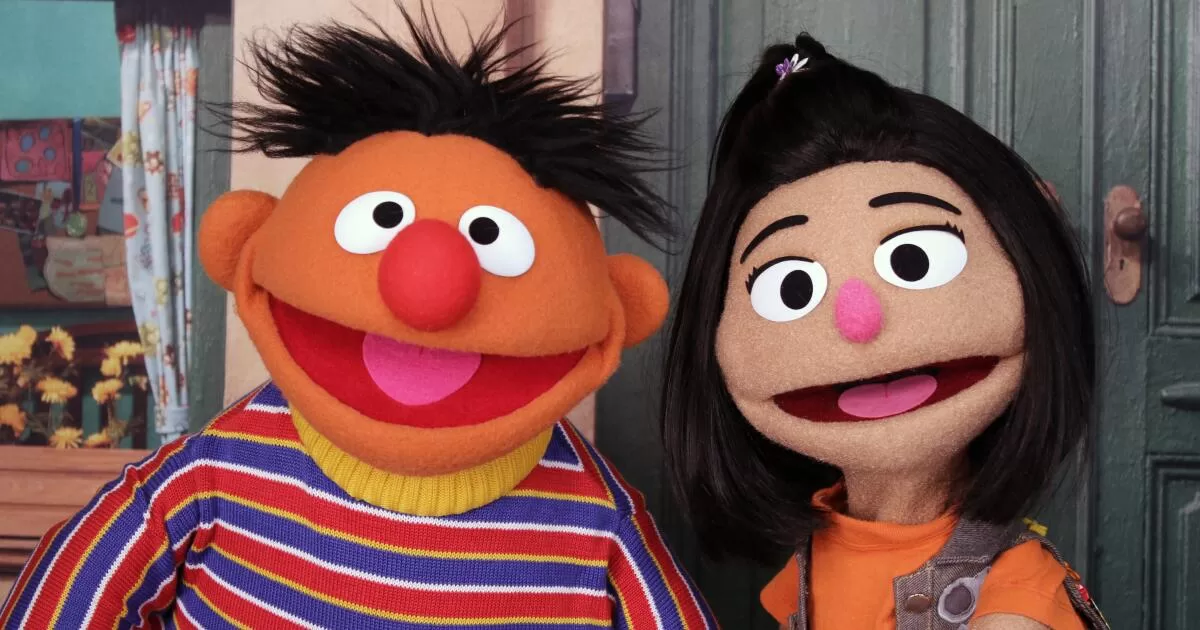The bargaining unit of 35 — which includes the “Sesame Street” writing staff — and Sesame Workshop settled on a new five-year contract Friday, the day their previous agreement expired.
The new deal includes jurisdiction and minimum rates for animation and new media programs, protections against artificial intelligence, paid parental leave benefits and improvements to streaming residuals, according to the WGA.
“We are so proud to work for an organization that values its writers, and we believe this new contract will positively impact writers throughout the children’s media landscape,” the bargaining unit’s negotiating team said Friday in a statement.
“‘S’ truly is for Solidarity. We are glad to have a contract in place that allows Sesame to do what it does best — lead.”
Sesame Workshop did not immediately respond to a request for comment.
On April 16, the bargaining unit voted unanimously to authorize a strike following two months of contract talks. Picketing would have commenced Wednesday outside Sesame Workshop’s offices in New York City if the workers and management could not settle their labor dispute.
“The writers that Sesame Workshop hires are deeply committed to the work that we do,” the union’s negotiating committee said in a statement earlier this week. “We hope for a speedy and amicable resolution to these negotiations so that we can continue to do the work of helping the next generation grow smarter, stronger and kinder.”
“No one wants to see a picket line on Sesame Street,” added Lisa Takeuchi Cullen, president of the WGA East. “Millions of parents and families around the world are going to have a lot of questions. They might ask why the bosses at Sesame Workshop are ignoring their company’s own messages of kindness and fairness.”
Sesame Workshop is the nonprofit organization behind the long-running children’s TV series “Sesame Street.” It also produces other kids programming, including “Bea’s Block,” “Esme & Roy,” “Ghostwriter,” “Helpsters,” “Mecha Builders” and “The Not-Too-Late-Show with Elmo.”
The potential work stoppage was avoided nearly seven months after the WGA and the major Hollywood studios reached an agreement to end a 148-day writers’ strike. That deal secured bonuses for writers based on streaming data, minimum staffing requirements in TV writers rooms and limits on the use of artificial intelligence.
